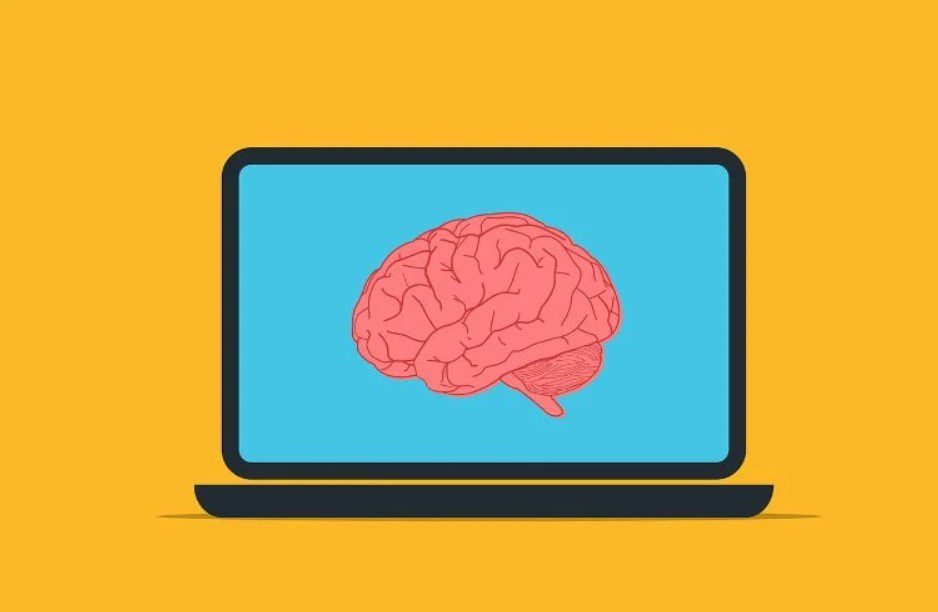According to a new study from a group of psychologists and data researchers, infants are actually better than artificial intelligence at knowing what drives people’s actions.
Its findings, which point out fundamental distinctions between cognition and computation, highlight areas that require technological advancement if AI is to more closely mimic human nature.
Senior author of the study, Moira Dillon, explains that “Adults and even infants can make reliable inferences easily about what drives other people’s actions. Current AI finds these inferences quite challenging to make. The idea of putting infants and AI head to head on the same tasks is helping researchers to better determine infants’ intuitive knowledge about people and also suggest ways of integrating that same knowledge into AI,” she adds.
Another author of the paper, Brenden Lake, points out that “If AI plans to build flexible and commonsense thinkers like human adults become, machines need to draw upon the same core abilities that infants possess in detecting goals and preferences.”
Infants are known to be fascinated by other people, as shown by how long they stare at them to watch what they do and to interact with them.
Additionally, earlier research on infants’ “commonsense psychology”—their comprehension of the motives, preferences, and logic underlying others’ behavior—has shown that infants are able to assign goals to others and anticipate that others will pursue those goals effectively.
The basis of human social intelligence is the capacity to make these predictions.
On the other hand, “commonsense AI” predicts actions directly and is powered by machine learning algorithms.
The ability of AI to adapt to various contexts and situations that influence human behavior is where it falls short, however.
The scientists led experiments including 11-month-old babies and compared all of their responses to those produced by cutting-edge learning-driven neural-network models in order to gain a fundamental understanding of the differences between human and AI skills.
They used the previously developed “Baby Intuitions Benchmark” (BIB), a set of 6 tasks that examine common sense psychology.
BIB was created to test both baby and machine intelligence and offer an empirical basis for developing human-like AI.
On Zoom, young children watched a series of videos that featured simple animated shapes moving on the screen, much like in a video game.
The retrieval of items from the screen and other movements of the shapes mimicked human behavior and decision-making.
The researchers also developed and tested learning-driven neural network models, which are AI tools that aid computers in pattern recognition and simulate human intelligence, using the same videos.
Their findings demonstrated that infants could discern human-like intentions even in the minimalist movements of animated shapes.
Infants infer that these behaviors are motivated by subtle but lasting goals, such as the efficient movement of the same shape in different environments and the retrieval of the object from any location on screen.
The basis of human social intelligence is the capacity to make these predictions.
A common and time-tested method for determining the nature of an infant’s knowledge is to observe how long they look at events that go against their predictions.
By using this “surprise paradigm” in order to study machine intelligence, it is possible to make direct comparisons between the quantitative surprise measurement provided by an algorithm and the established psychological surprise metric for humans, the looking time of infants.
The lack of evidence that the models understood the motivations underlying these behaviors indicates that they lack important commonsense psychological foundational principles that infants have.
With that being said, Dillon notes that “A human infant’s foundational knowledge is quite limited, abstract, and reflects our evolutionary inheritance, but it can still accommodate any context or culture where that infant might live and learn.”












Leave a Reply